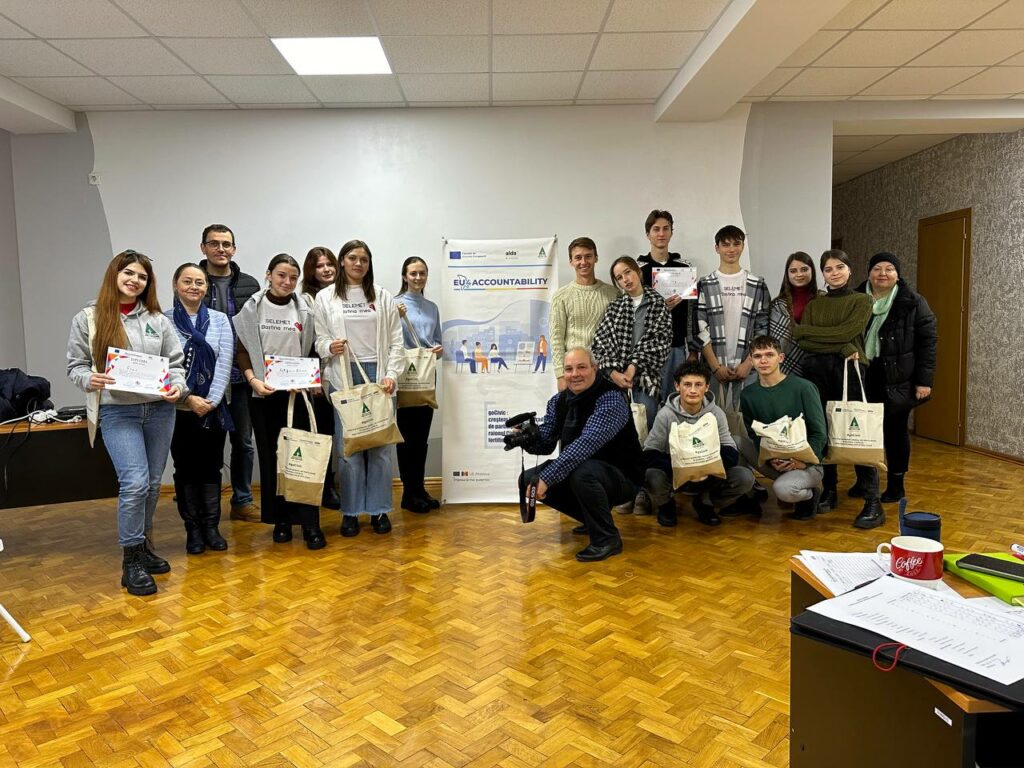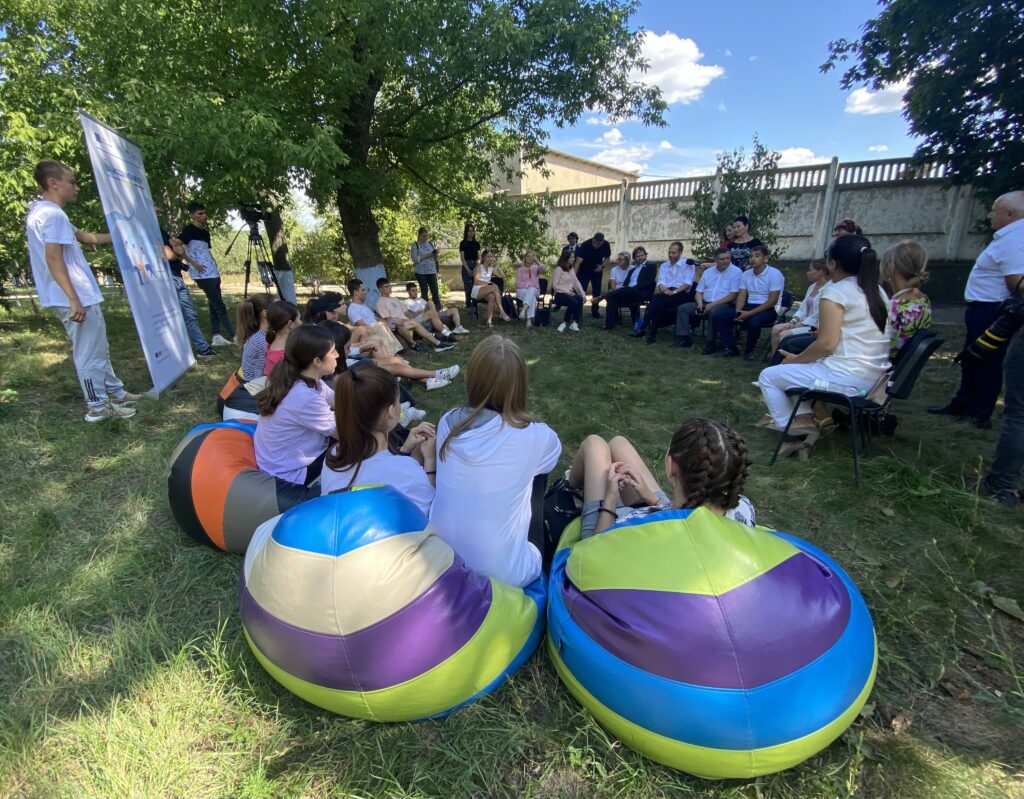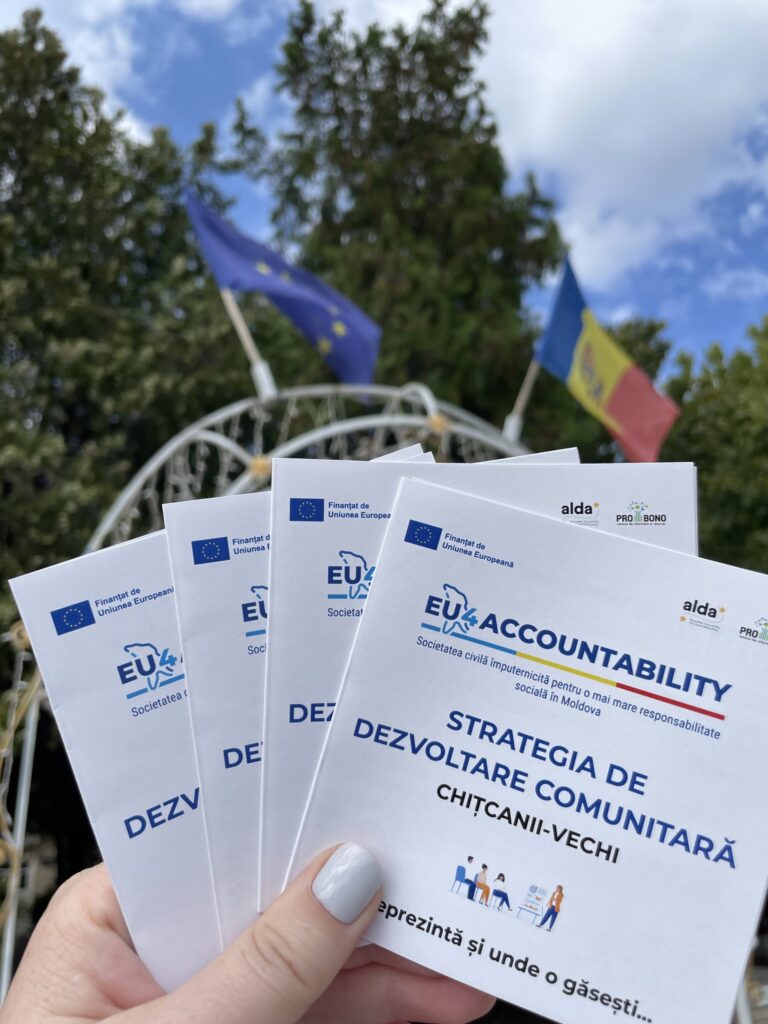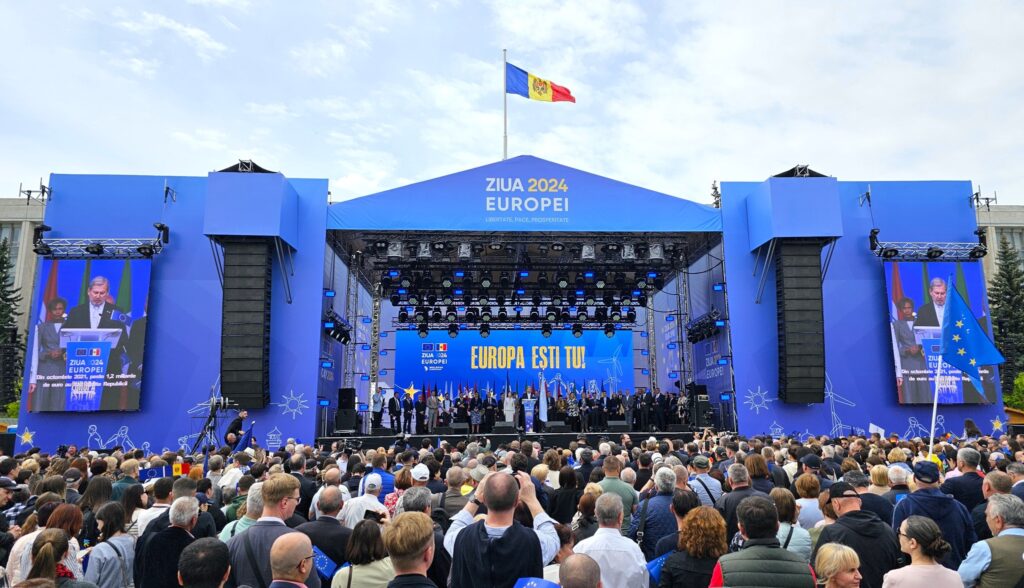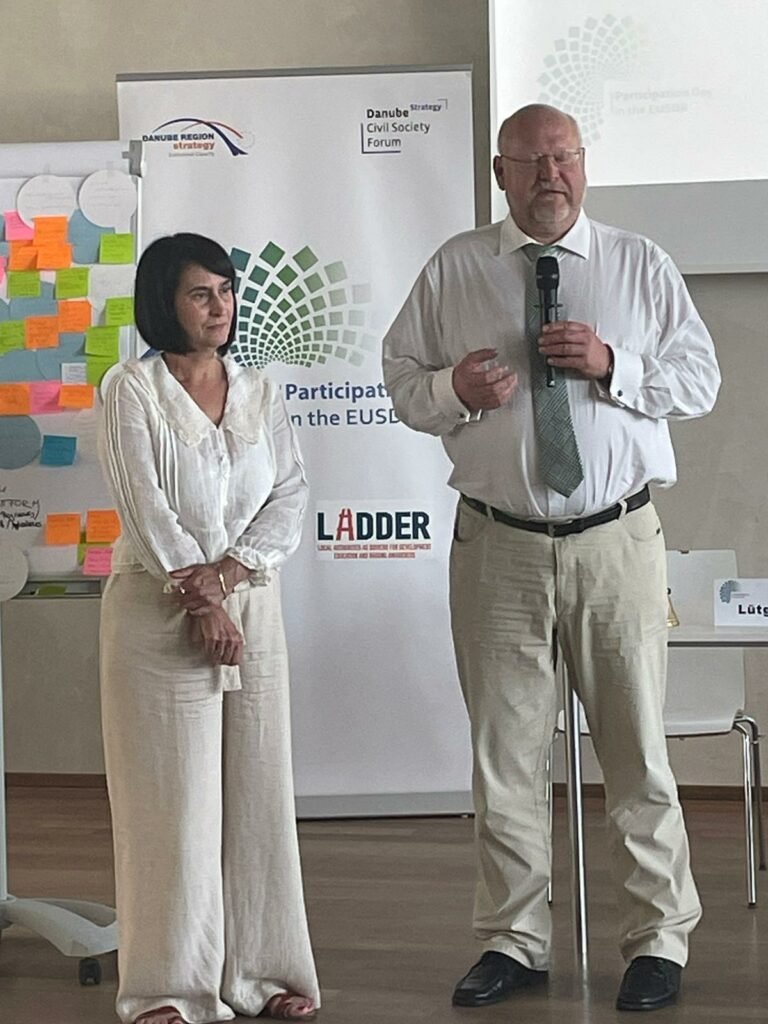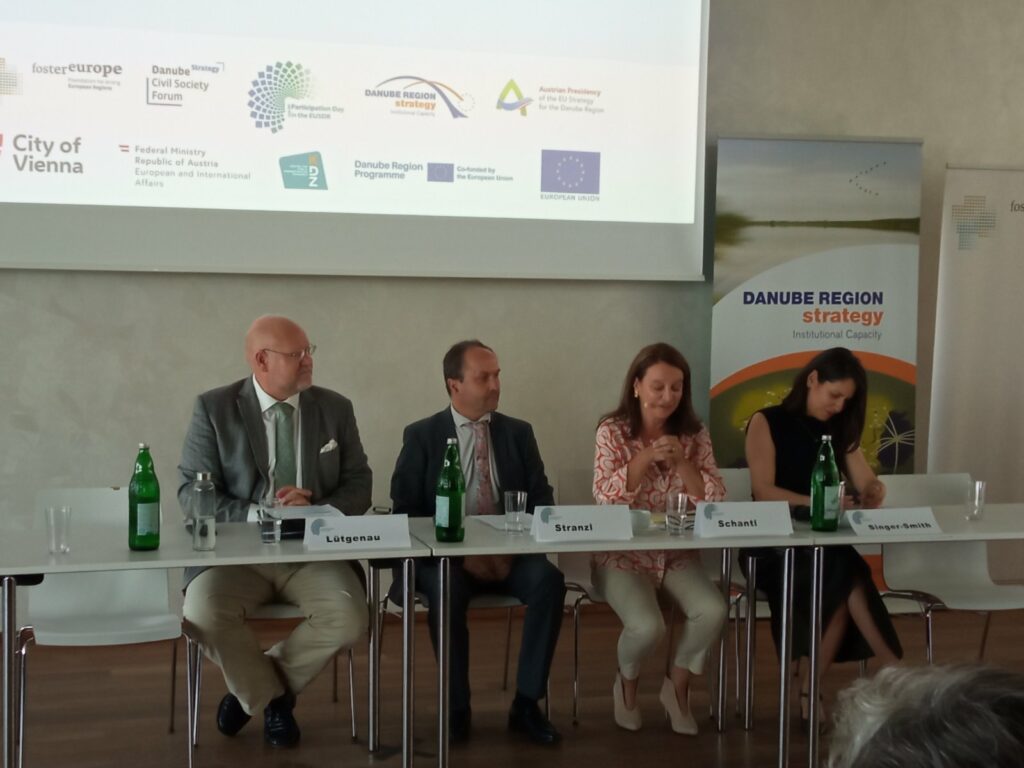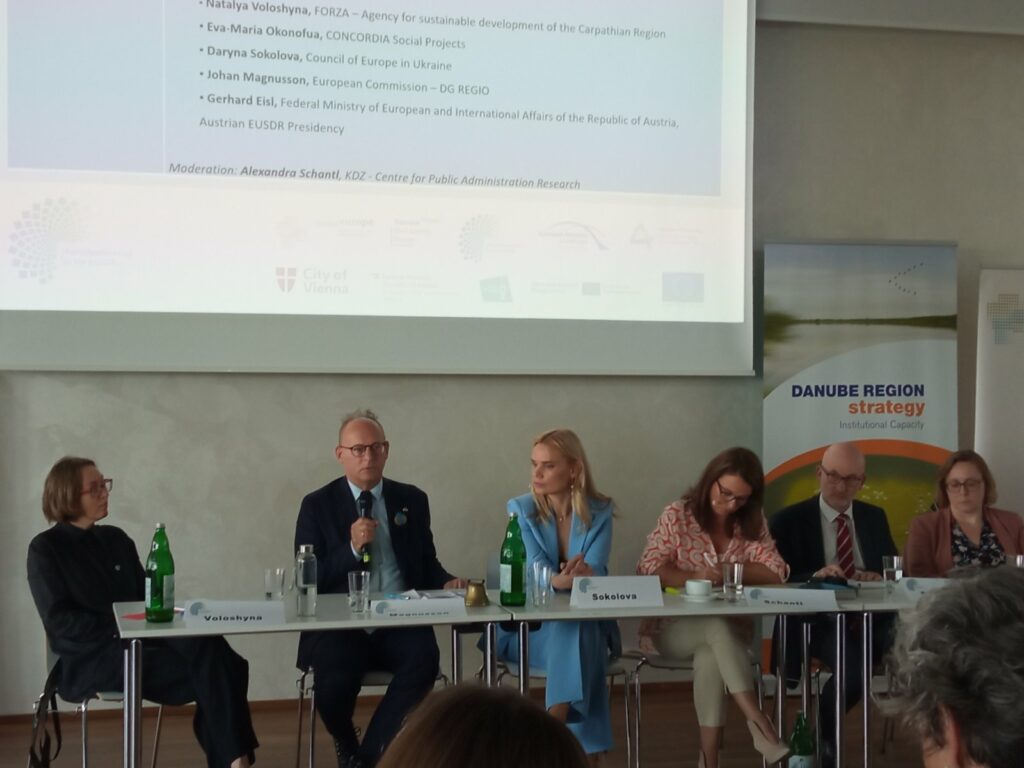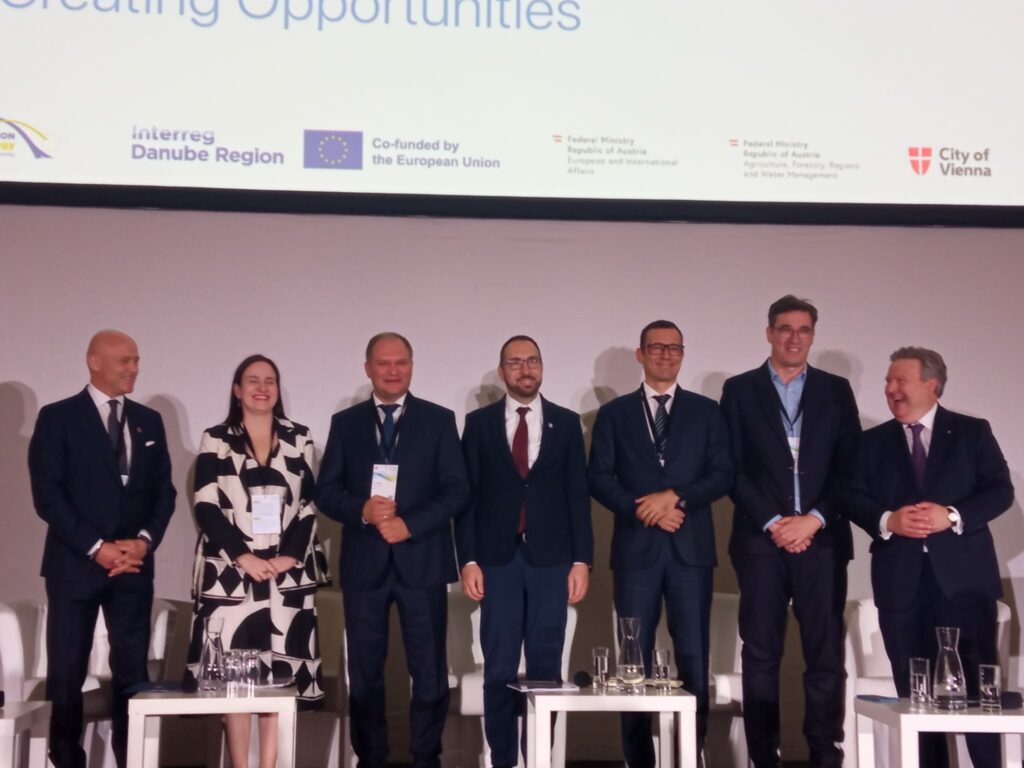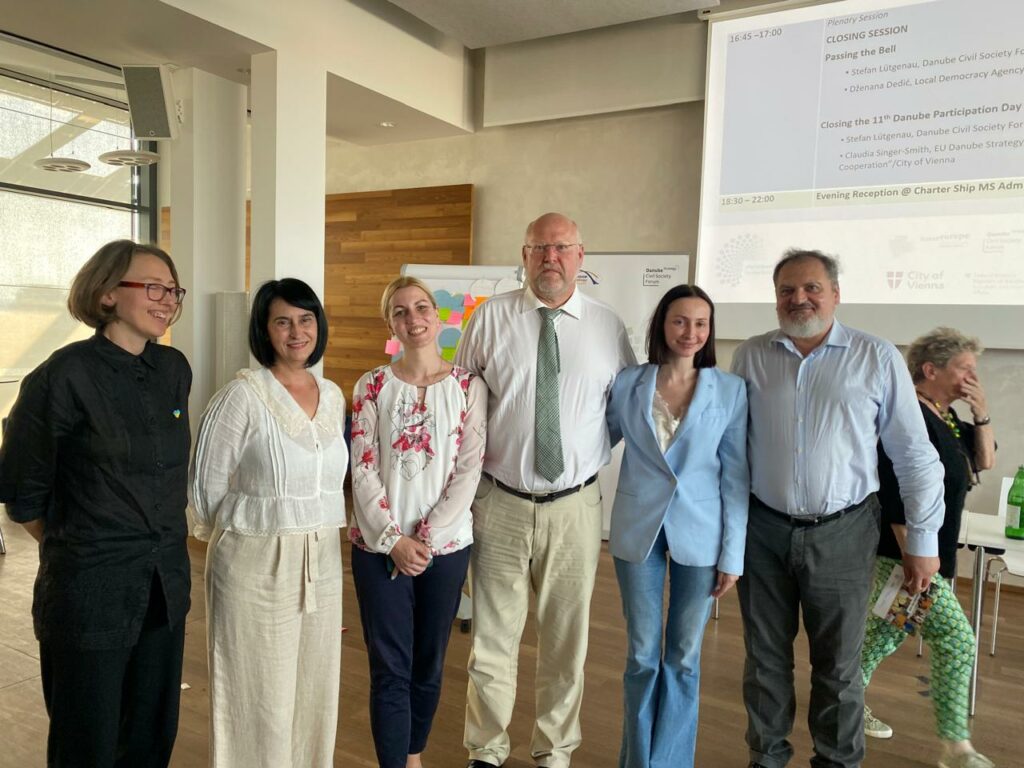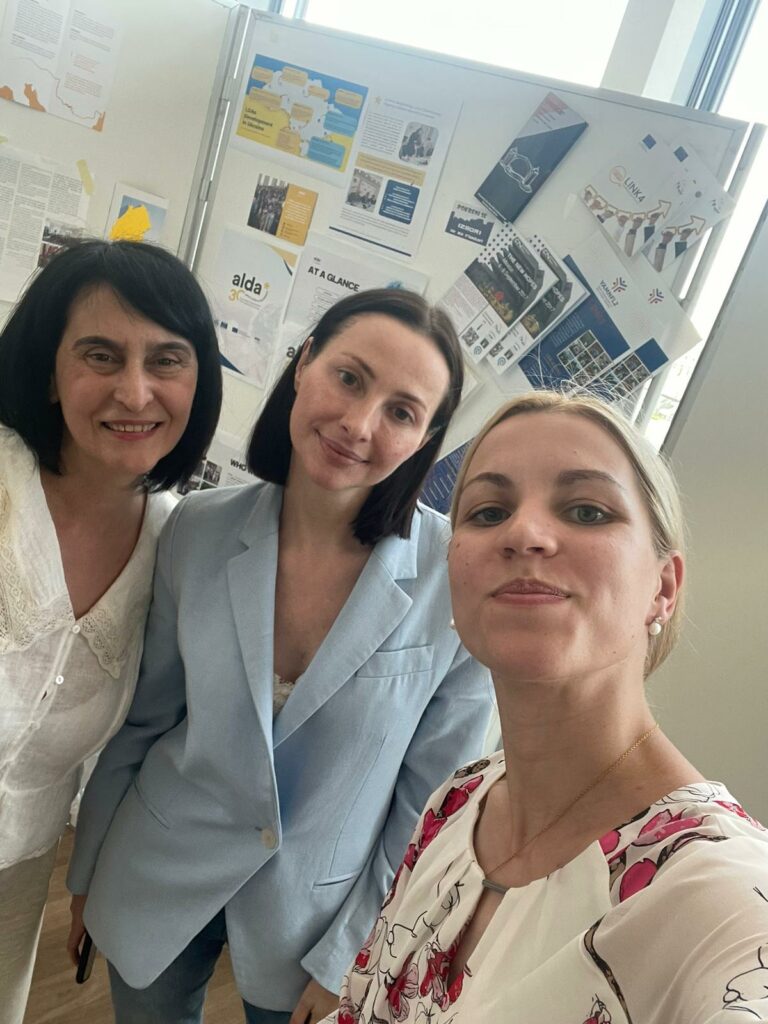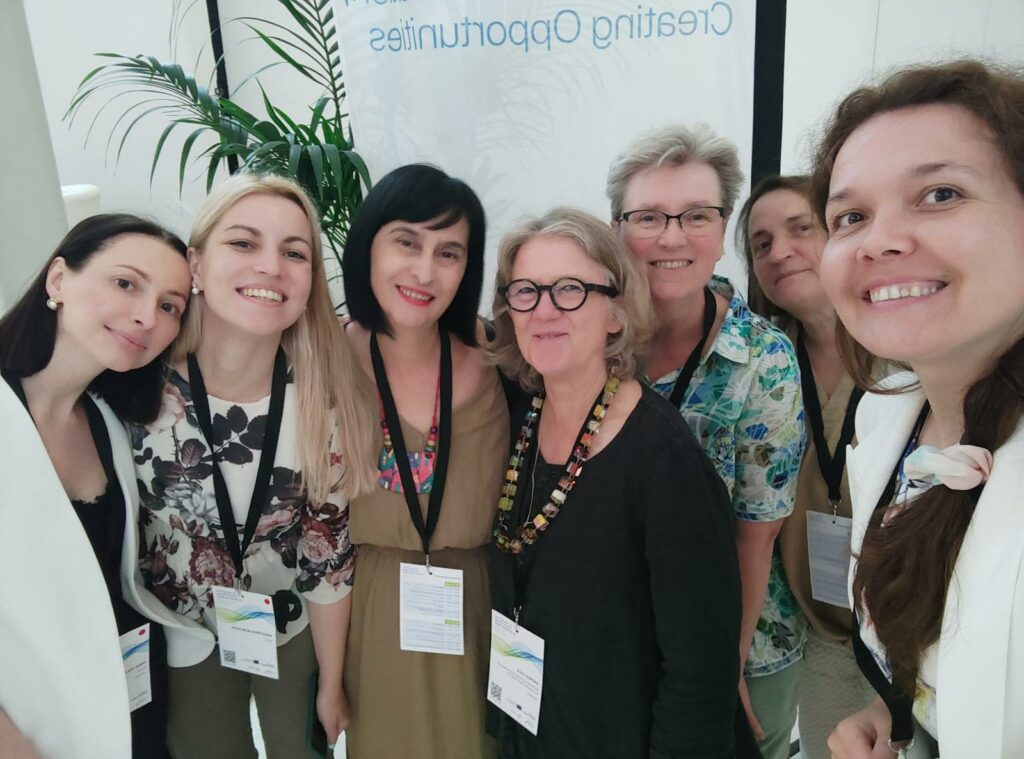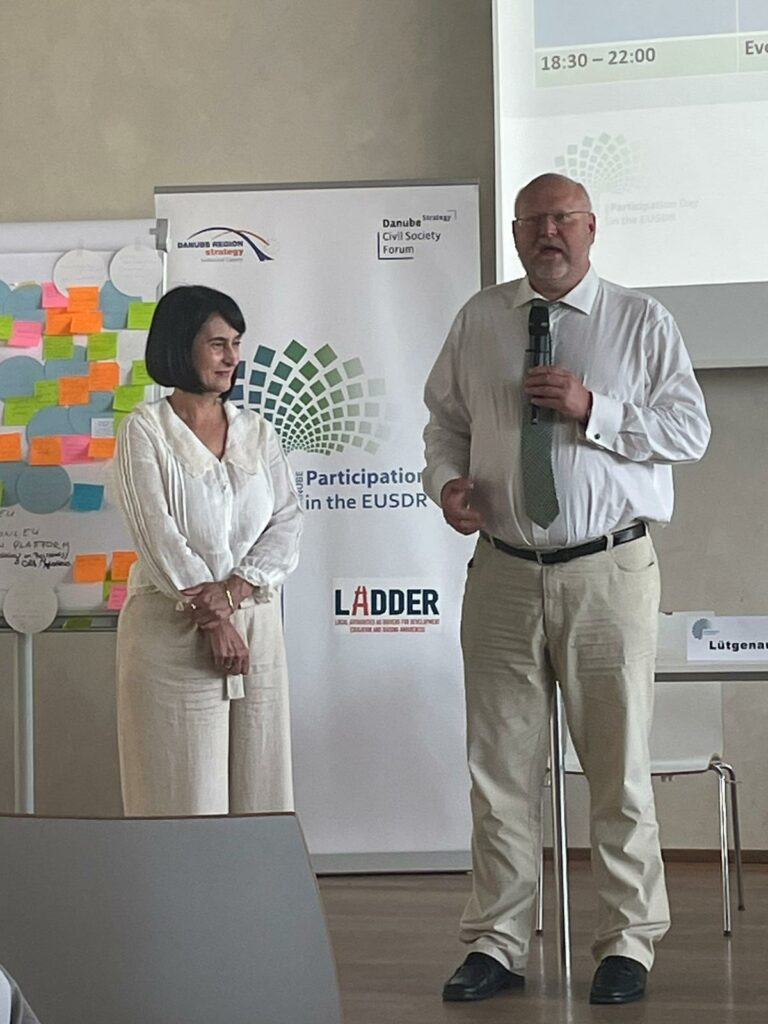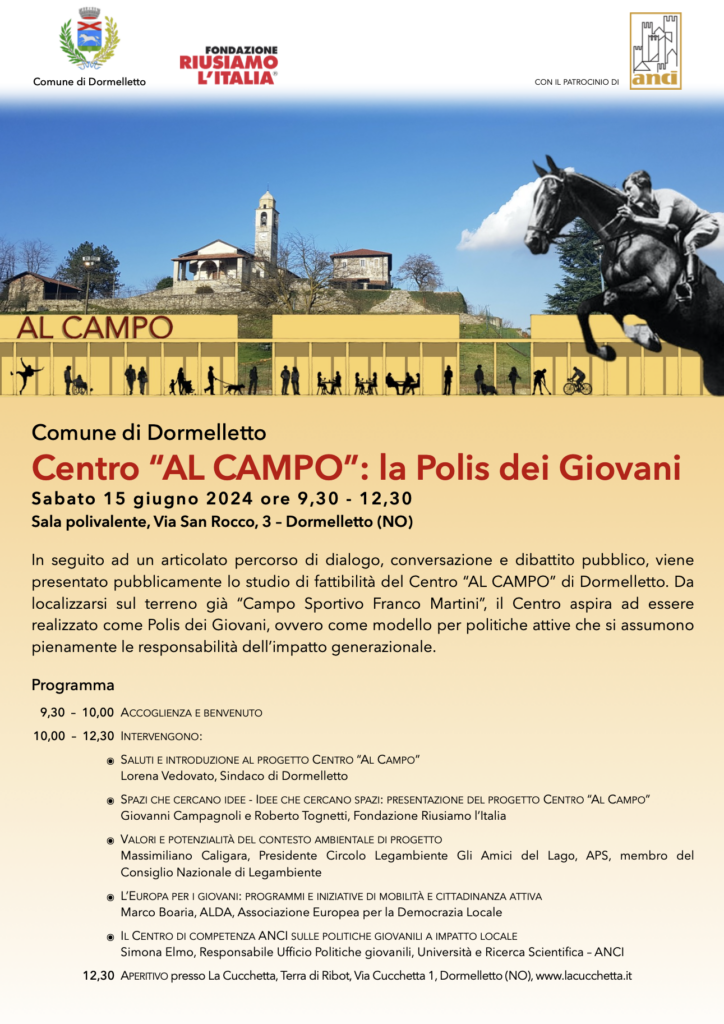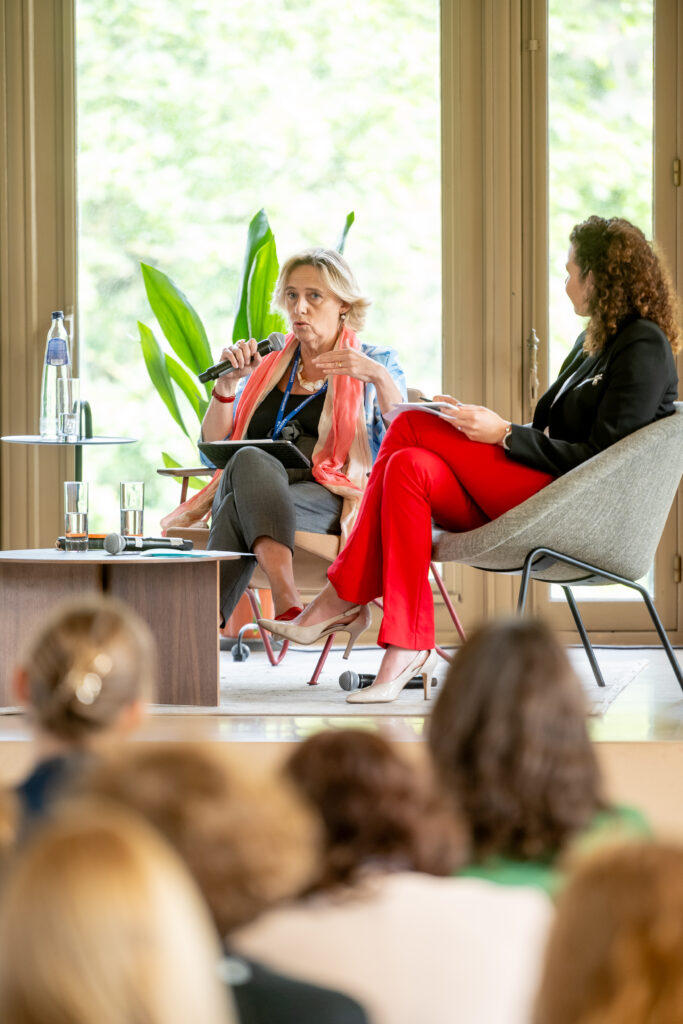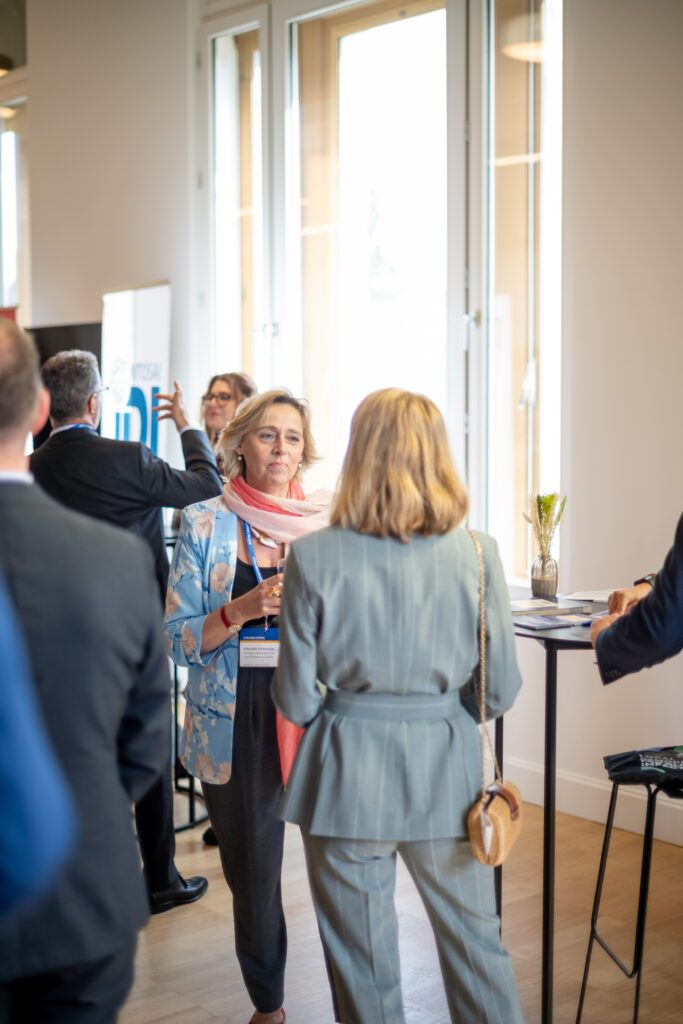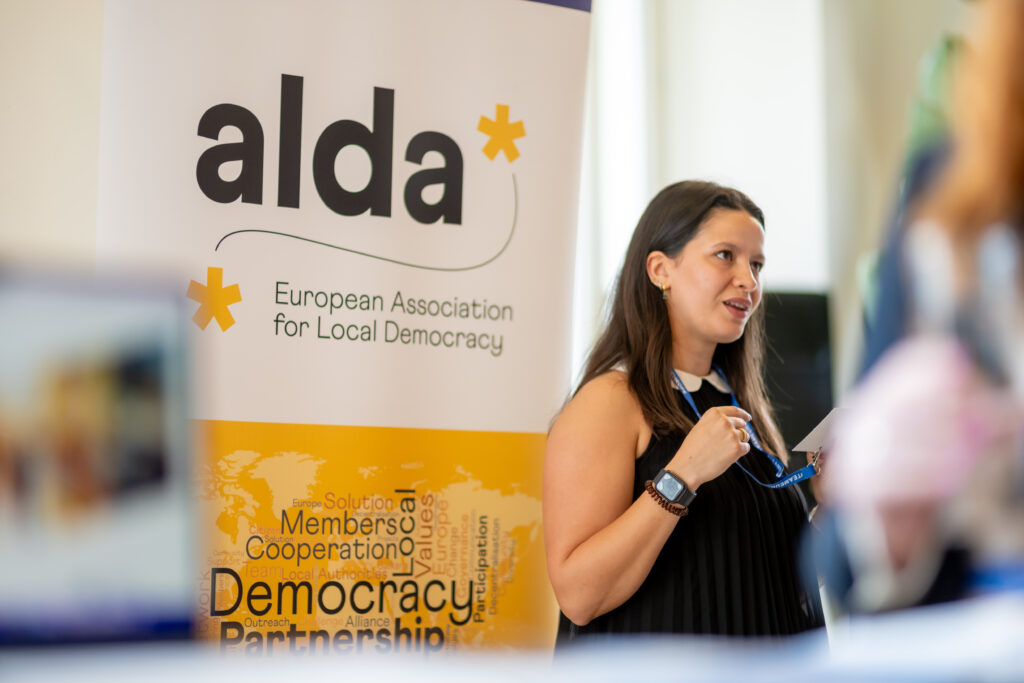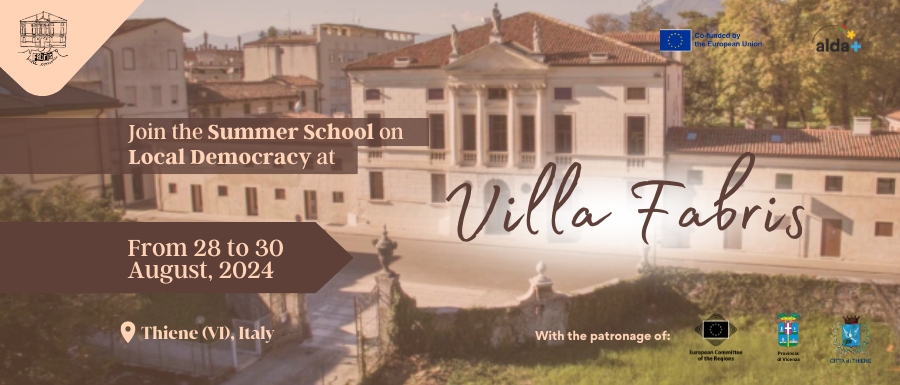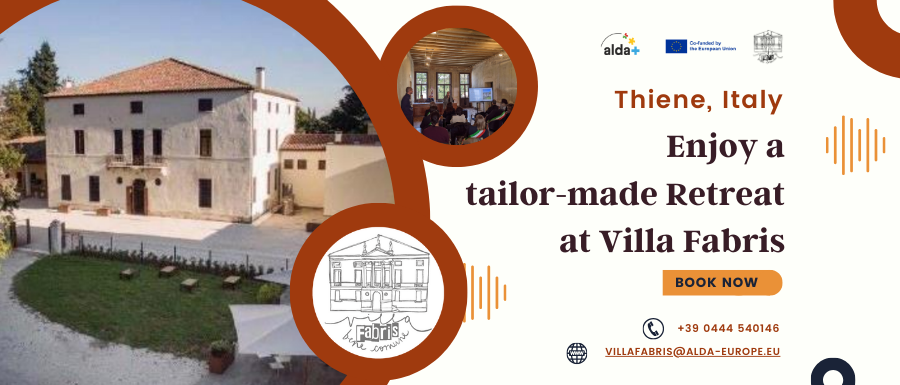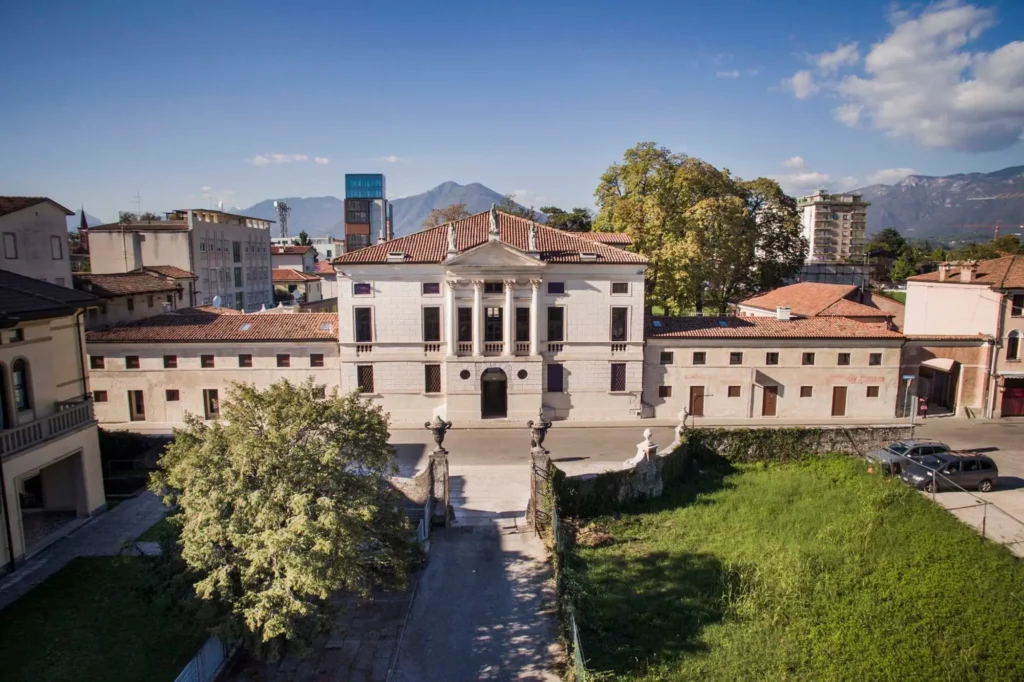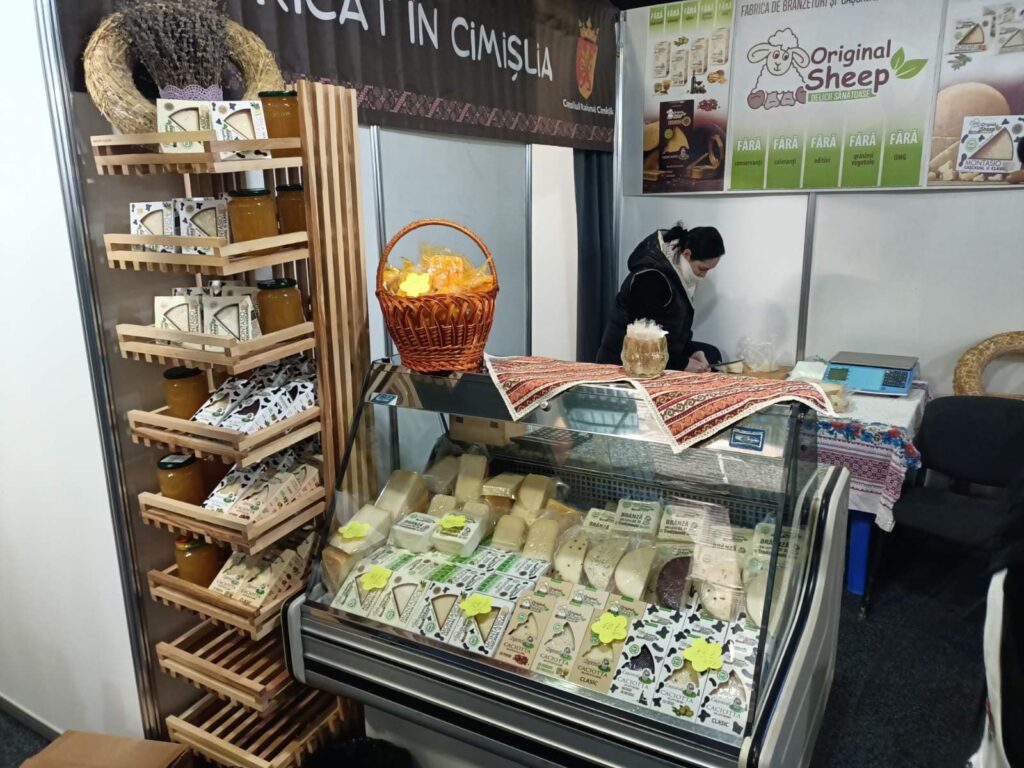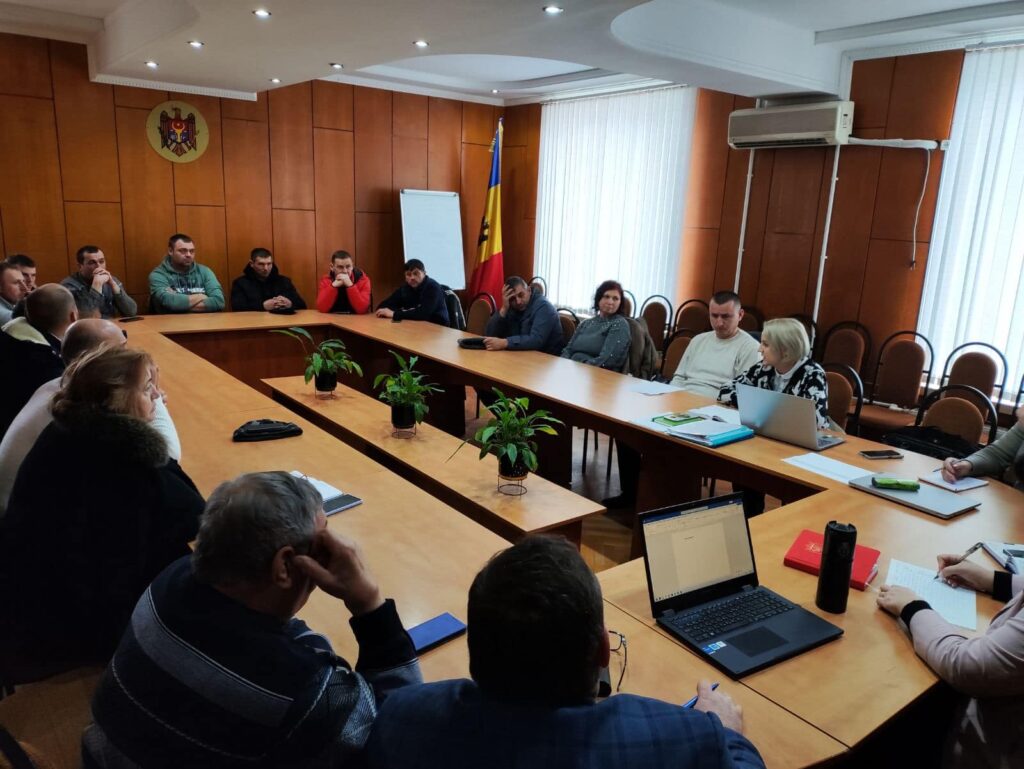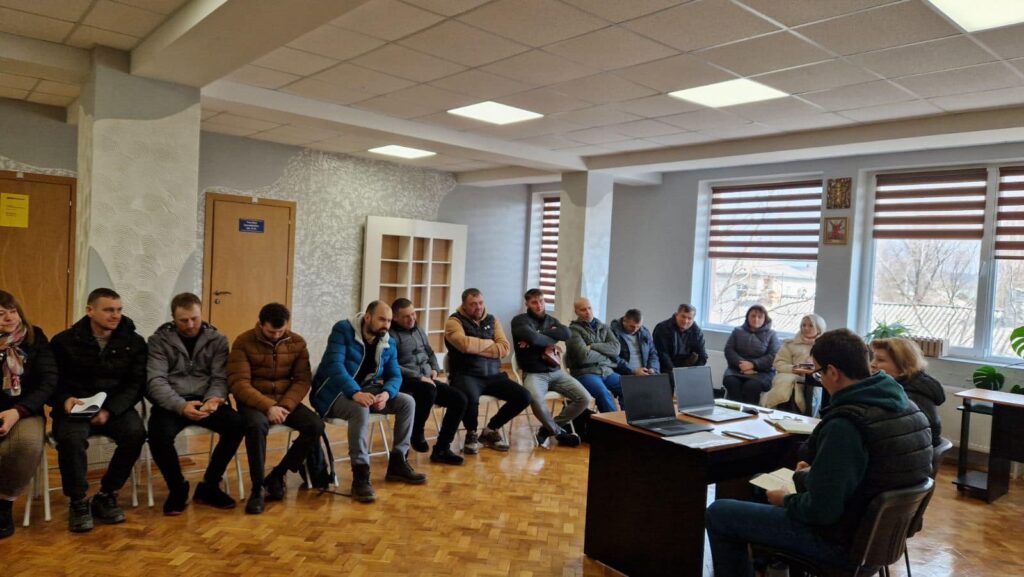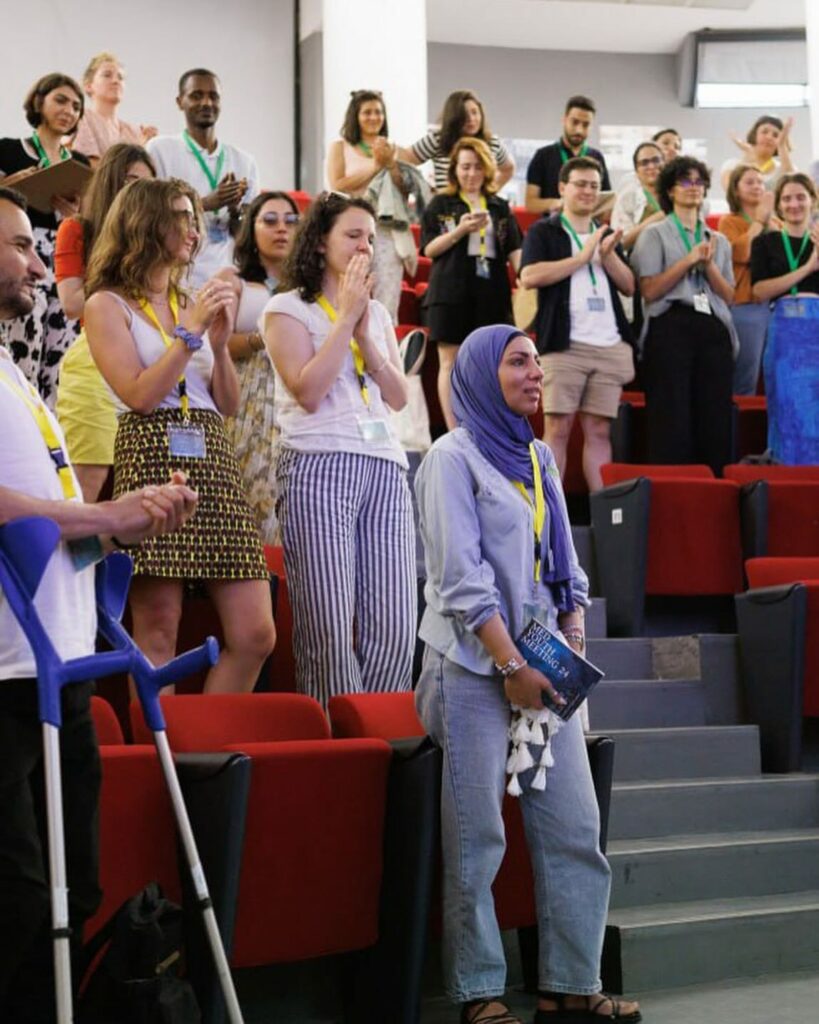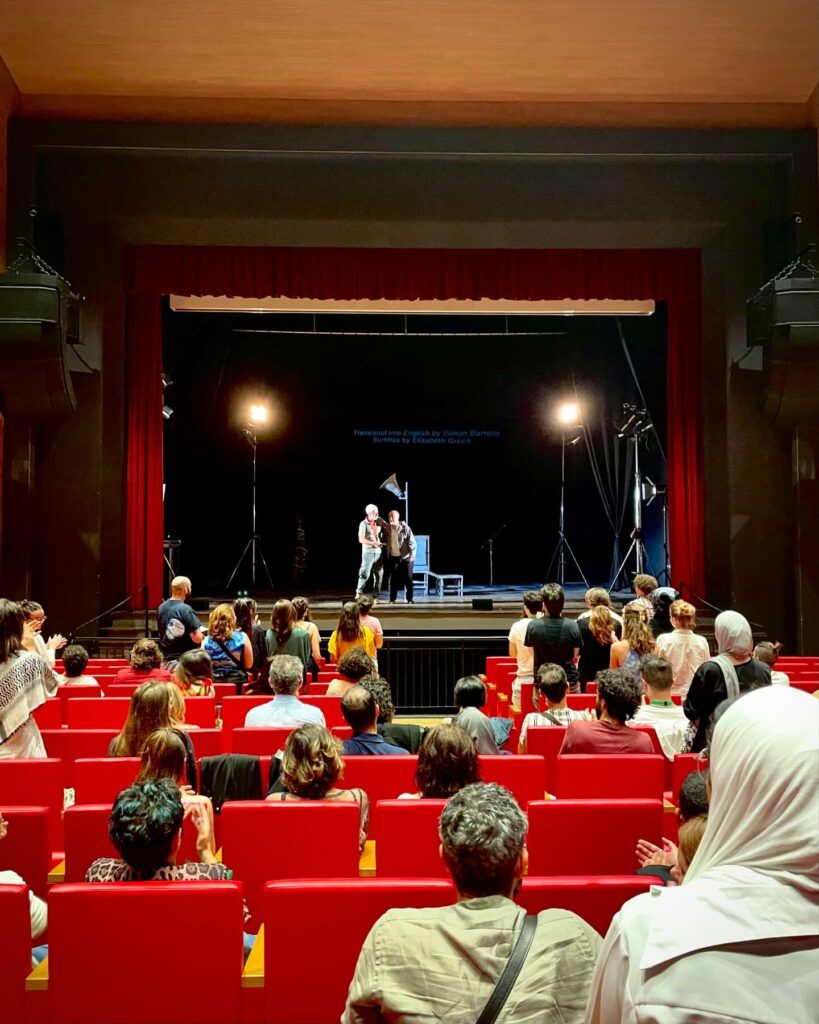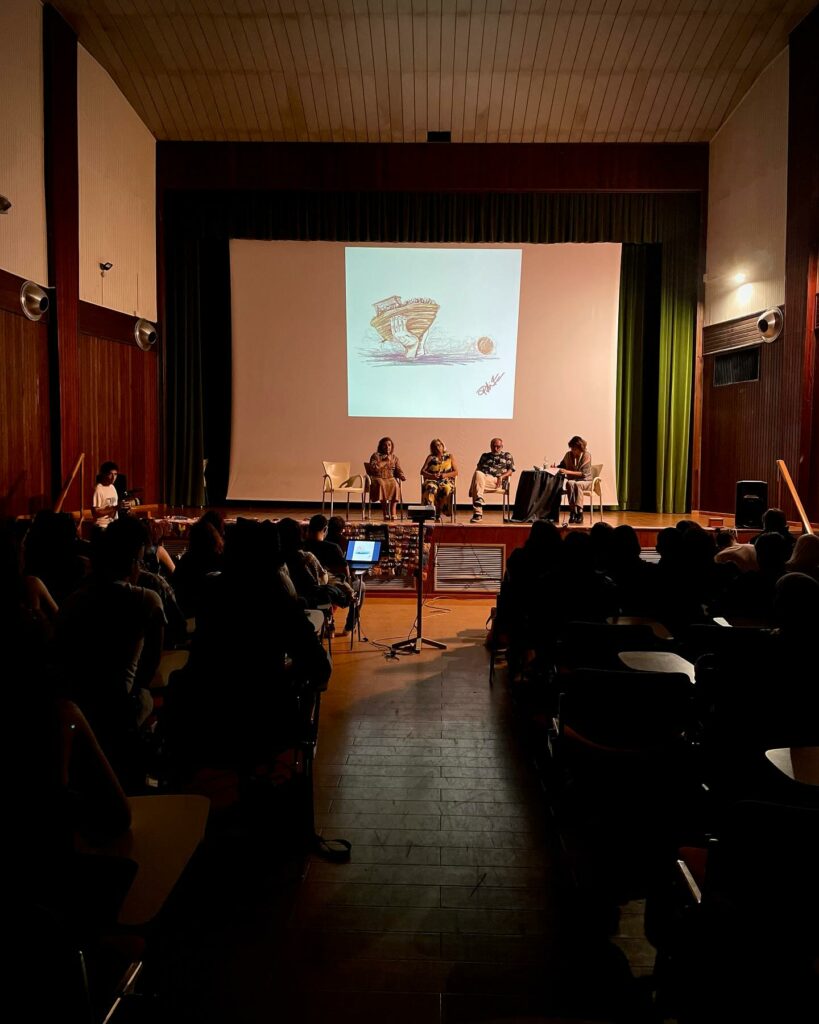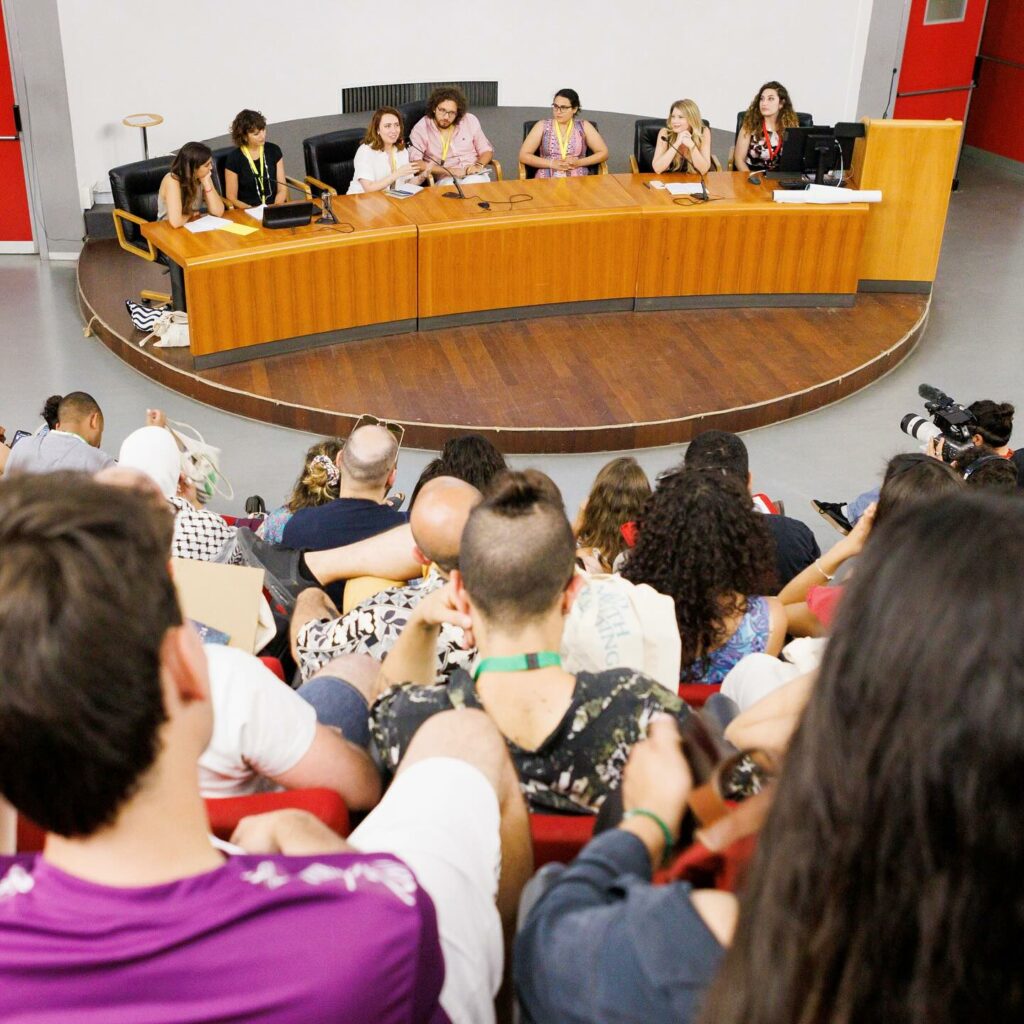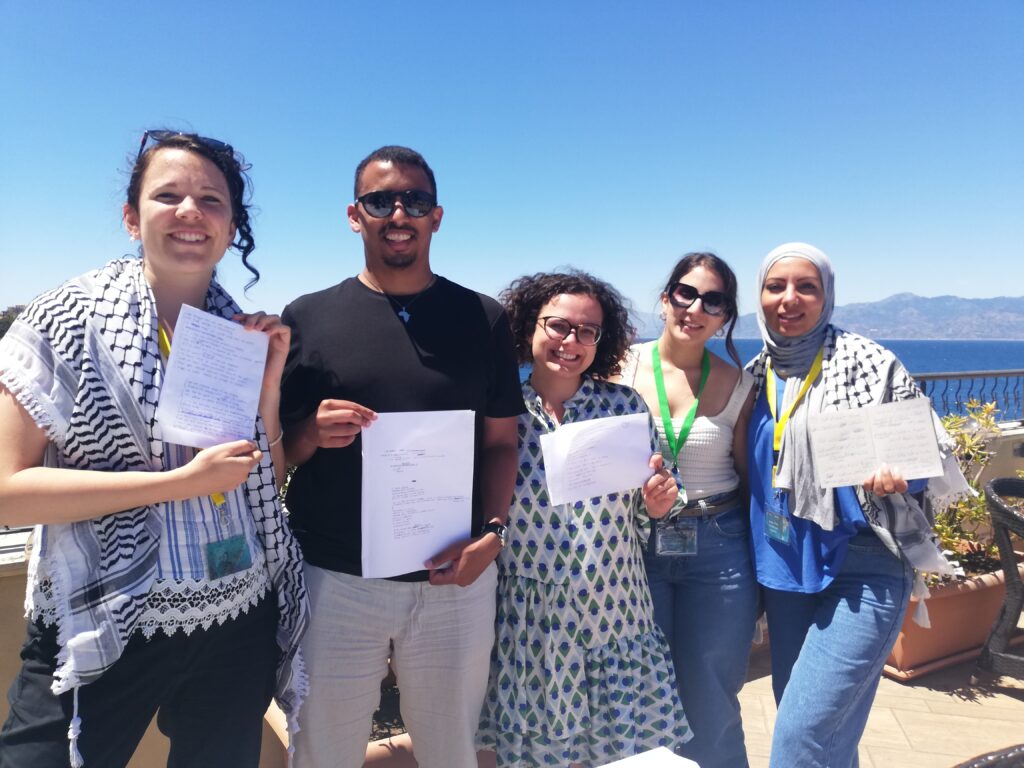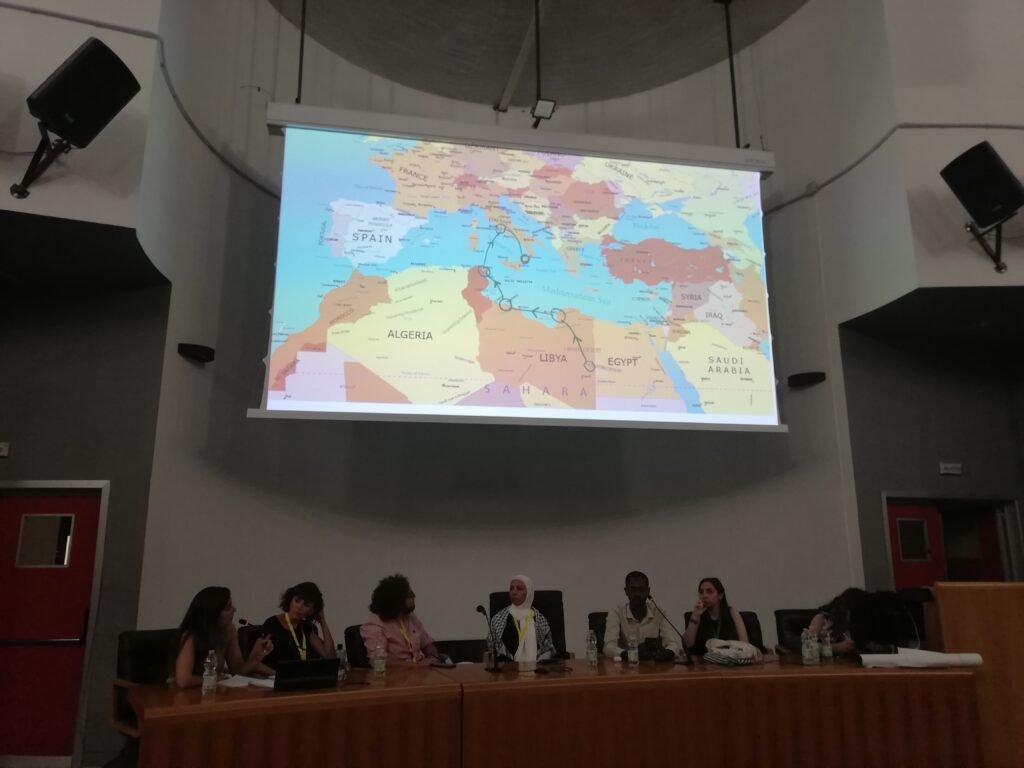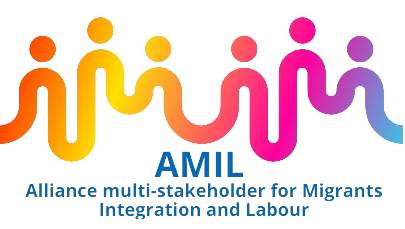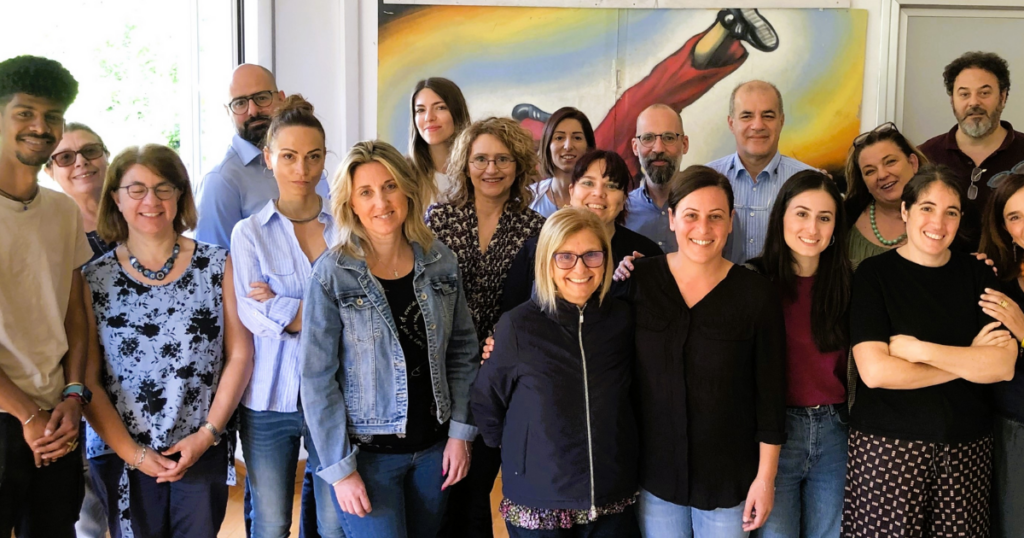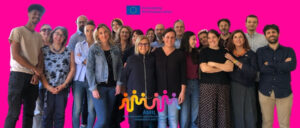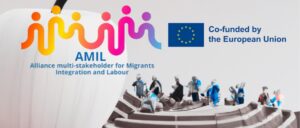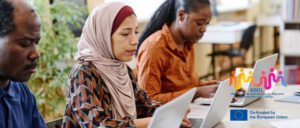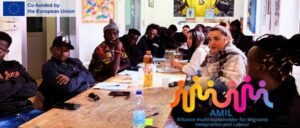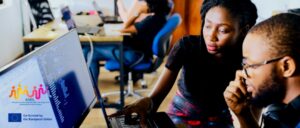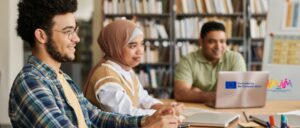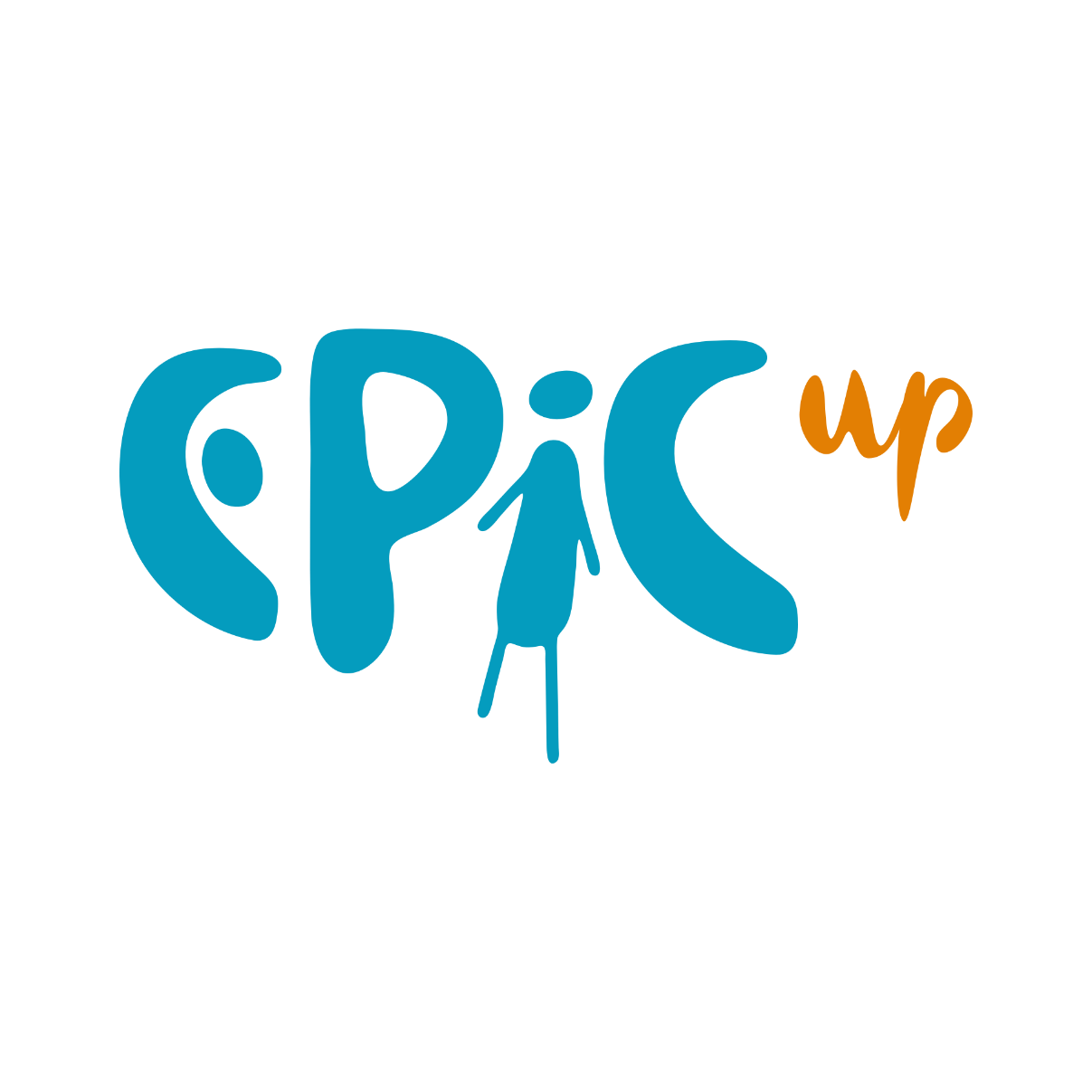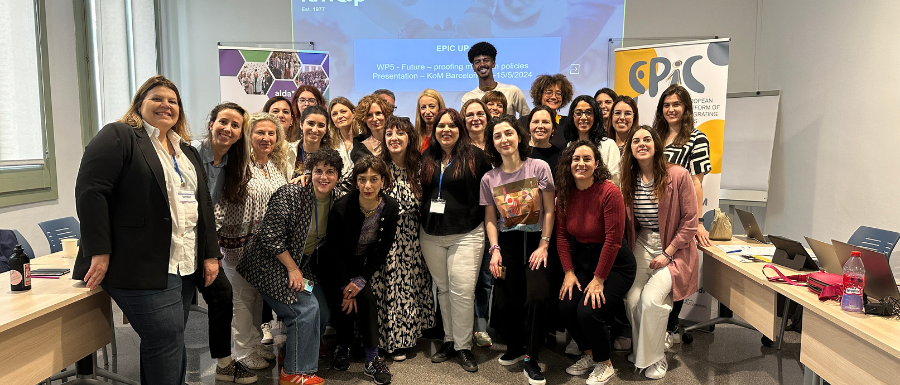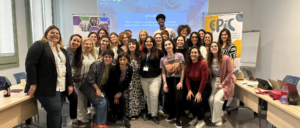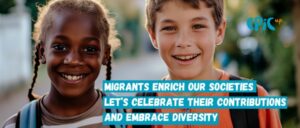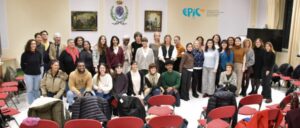In the ever-evolving landscape of media and online communication, combating hateful narratives is crucial. As part of the “Get the Trolls Out” project, ALDA is dedicated to countering hate speech and fostering inclusivity. This article delves into the specific issue of anti-Muslim rhetoric in France, exploring the harmful narratives, presenting case studies, and reflecting on the implications of recent elections.
Anti-Muslim sentiments in France
Anti-Muslim hate in France manifests through various harmful narratives perpetuated in both traditional and online media. These narratives often paint Muslims as fundamentally incompatible with European values and society. Common stereotypes include portraying Muslims as inherently violent, oppressive towards women, and incompatible with democracy and secularism.
Media Narratives and Examples
Clash of Civilizations
A prevalent narrative is the “Clash of Civilizations,” which suggests that Muslims and their values are irreconcilably different from those of “native” Europeans. This narrative is bolstered by selective misinterpretations of Quranic verses and sensationalist media coverage that depicts Islam as a monolithic, violent faith. For example, some French philosophers and media commentators claim that Muslim migrants pose a cultural threat to France, a viewpoint echoed by figures such as philosopher Alain Finkielkraut, who has made controversial statements about the integration of Muslims in French society.
Islam and Democracy
Another damaging narrative is that Islam is incompatible with democracy. This viewpoint ignores the existence of numerous Muslim-majority democracies and the active participation of Muslims in Western democratic societies. The narrative promotes the erroneous belief that Muslims inherently favor authoritarianism and violence. For instance, during a TV debate, a French politician argued that Islam’s principles are inherently undemocratic, citing isolated incidents of extremism without acknowledging the broader context of peaceful and democratic Muslim communities. The narrative that Islamic culture is inferior to Western culture further fuels anti-Muslim sentiments. This narrative undermines the rich, diverse contributions of Muslim communities to global civilization, framing them instead as backward and uncivilised. French media outlets have sometimes depicted Muslim neighborhoods as ghettos, focusing on crime and poverty while ignoring the positive aspects and contributions of these communities.
Case Studies
Case Study 1: Anti-Muslim Rhetoric in French Media
One prominent example is the portrayal of the suburban riots in 2005. French media predominantly depicted these events as violent uprisings by Muslim youth, ignoring the socio-economic conditions and systemic discrimination that fueled the unrest. This selective reporting reinforced stereotypes of Muslims as inherently violent and oppositional to French values.
Case Study 2: Political Exploitation of anti-Muslim hate
During the 2022 presidential elections, several candidates used anti-Muslim rhetoric to gain support. Far-right candidate Marine Le Pen consistently framed Islam as incompatible with French secularism and democratic values, proposing policies that targeted Muslim communities, such as banning the hijab in public spaces. This approach not only stigmatised Muslims but also polarised the electorate, contributing to social division and tension.
Reflecting on Recent Elections
The recent European and legislatives elections in France have significant implications for the fight against anti-Muslim sentiments. Political discourse often leverages fear of the “other” to gain support, and Muslims are frequently targeted in such rhetoric. The good results of far-right candidates in the European elections has amplified these harmful narratives, posing a challenge for projects like “Get the Trolls Out.”
Nevertheless, the relative failure of far-right parties in the legislative elections bring reasons to hope that the rhetoric of hate will decrease in the French society, although this is to be nuanced by the rise of antisemitic acts.
As a partner in the “Get the Trolls Out” project, ALDA is committed to monitoring and countering religious-based hate speech.
ALDA collaborates with other organisations across Europe to identify and challenge hateful narratives against Judaism, Islam, Christianity, and other religions by highlighting and addressing these issues. Get The Trolls Out aims at creating a more inclusive and understanding society.
Combating this phenomenon in France requires a concerted effort to challenge harmful narratives and promote positive, inclusive discourse. Through initiatives like “Get the Trolls Out,” we can work towards a society where all individuals, regardless of their religious beliefs, are free from hate and discrimination.
For more information on our efforts and to join the fight against hate speech, visit Get the Trolls Out website and follow its work on Facebook, Instagram and X.
